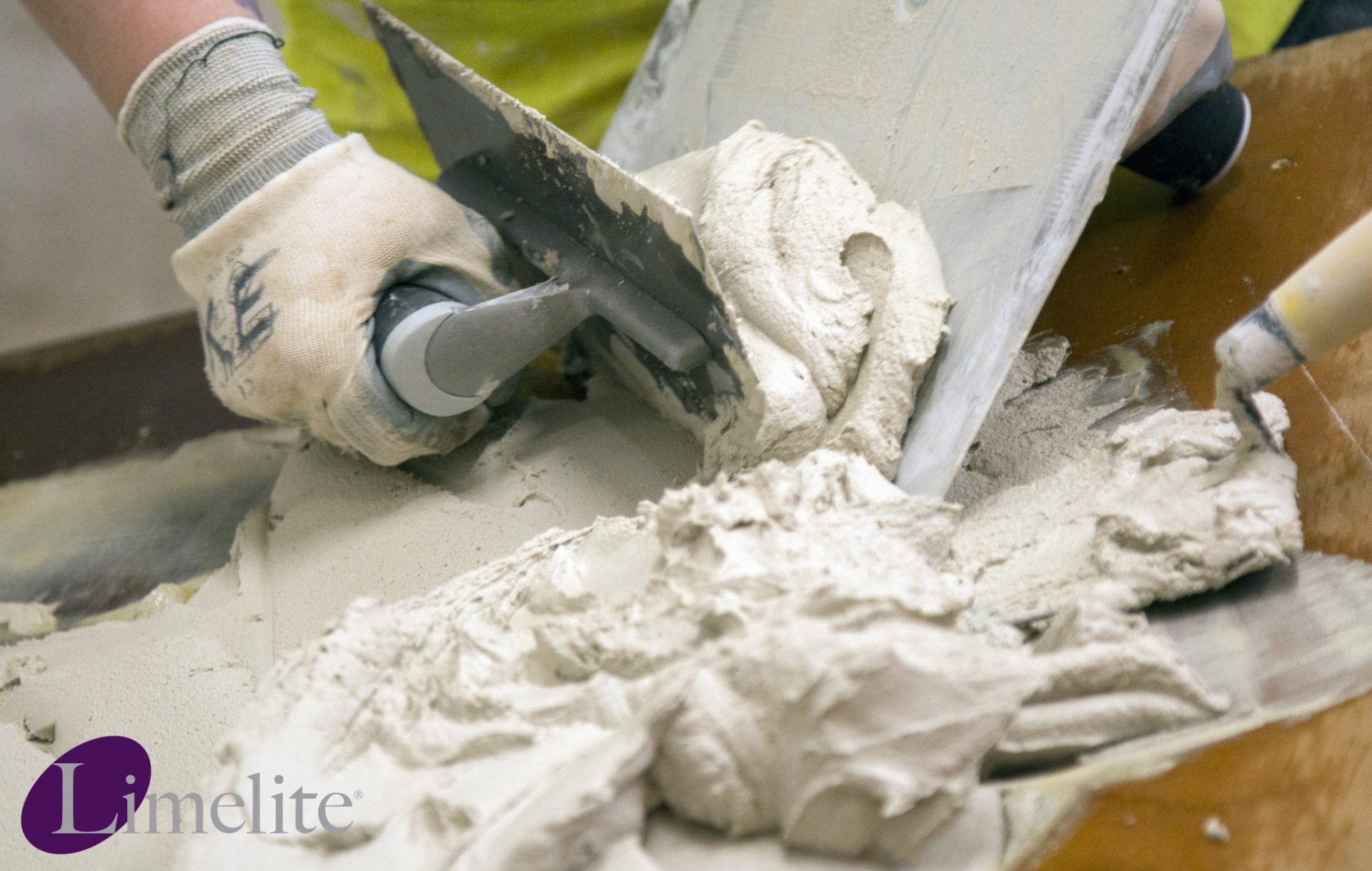In social housing projects, cost often dictates what building materials are used, meaning housing association properties are usually supplied with gypsum plaster, which is cost effective and quick to apply.
As gypsum plaster easily absorbs and retains moisture from the surrounding atmosphere and substrate, this can leave it susceptible to damp and the resulting growth of mould and salts. The majority of UK social housing stock is relatively old, therefore damp can be a key issue.
Where double glazing enhances the property by improving heat retention and sound insulation, it can also diminish ventilation and increase humidity levels, adding to the damp problem. A lightweight renovating plaster, such as Limelite, can mitigate the potential humidity and air-flow issues faced by ageing social housing properties by allowing moisture to pass through it, which dramatically reduces the likelihood of damp occurring.
The plaster’s breathability effectively controls damp passing through walls. And renovating backing plaster also provides a quicker drying time – typically one day – whereas gypsum backing plasters can take up to 10 days.


